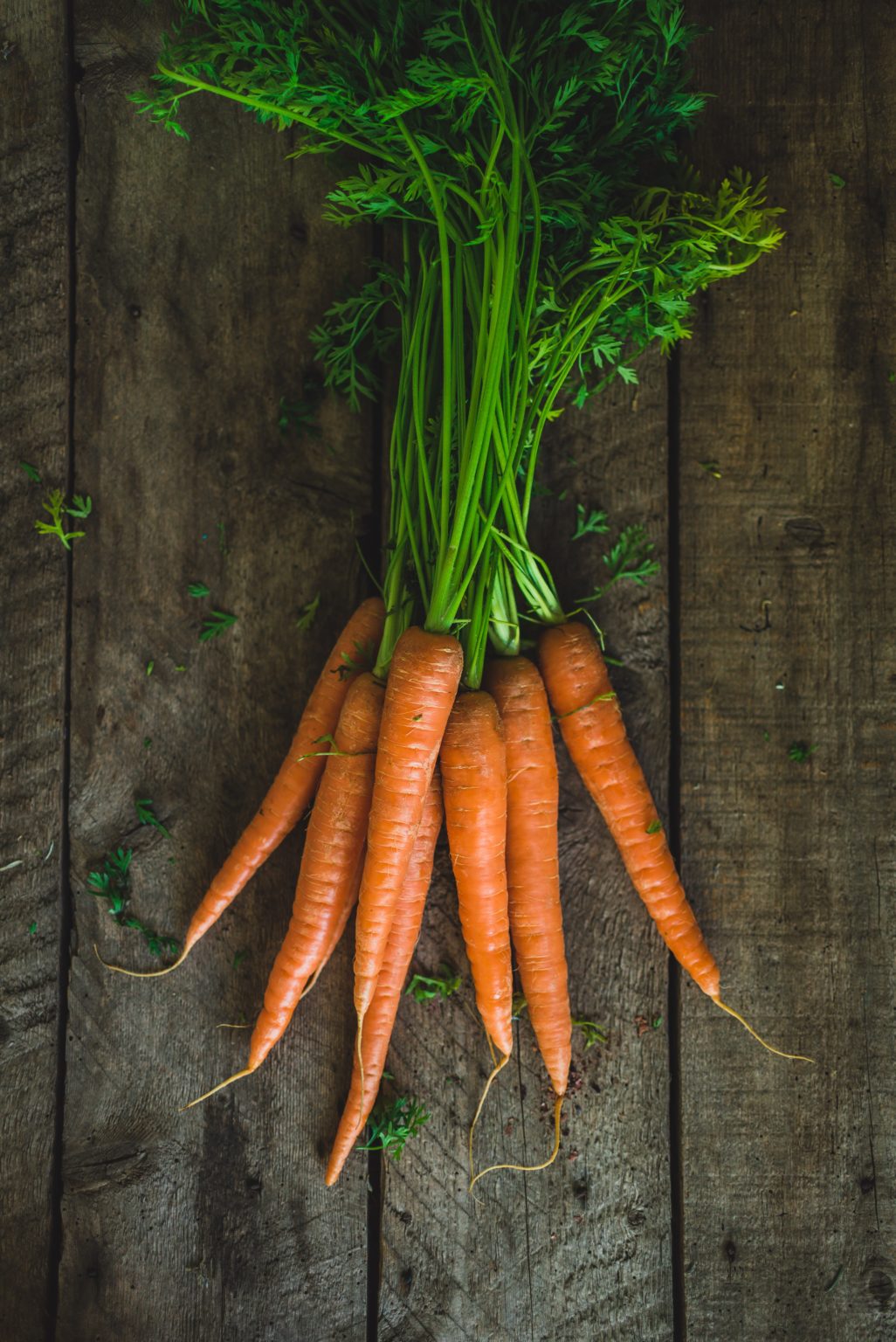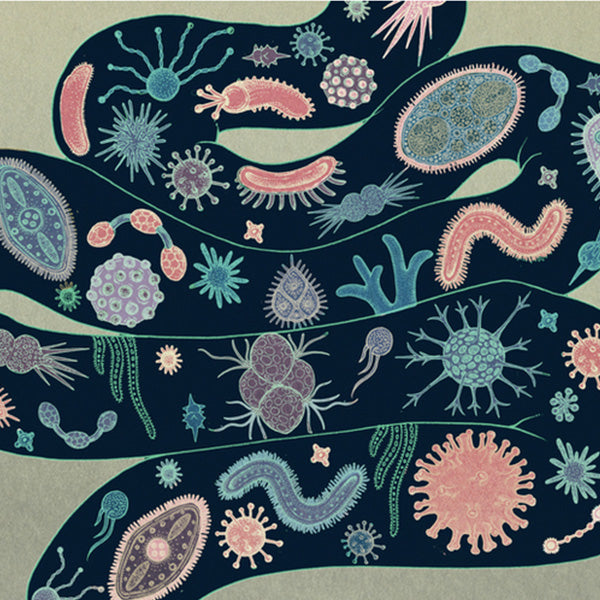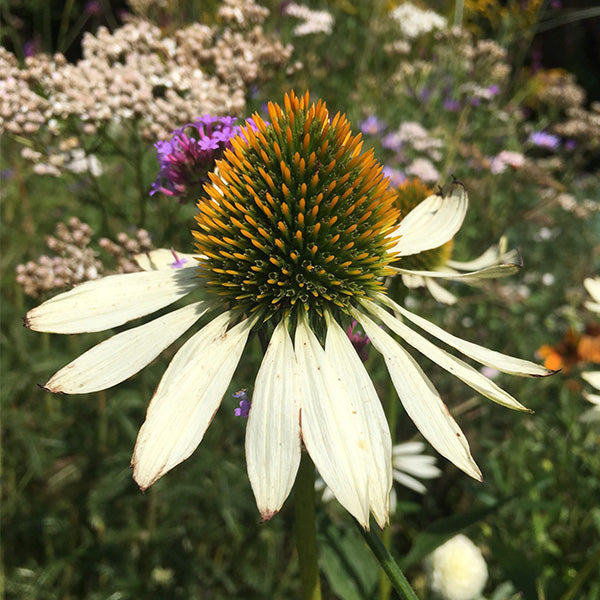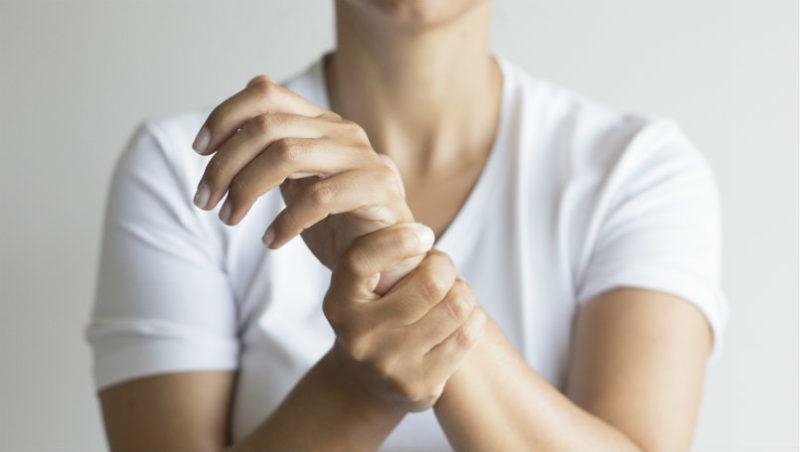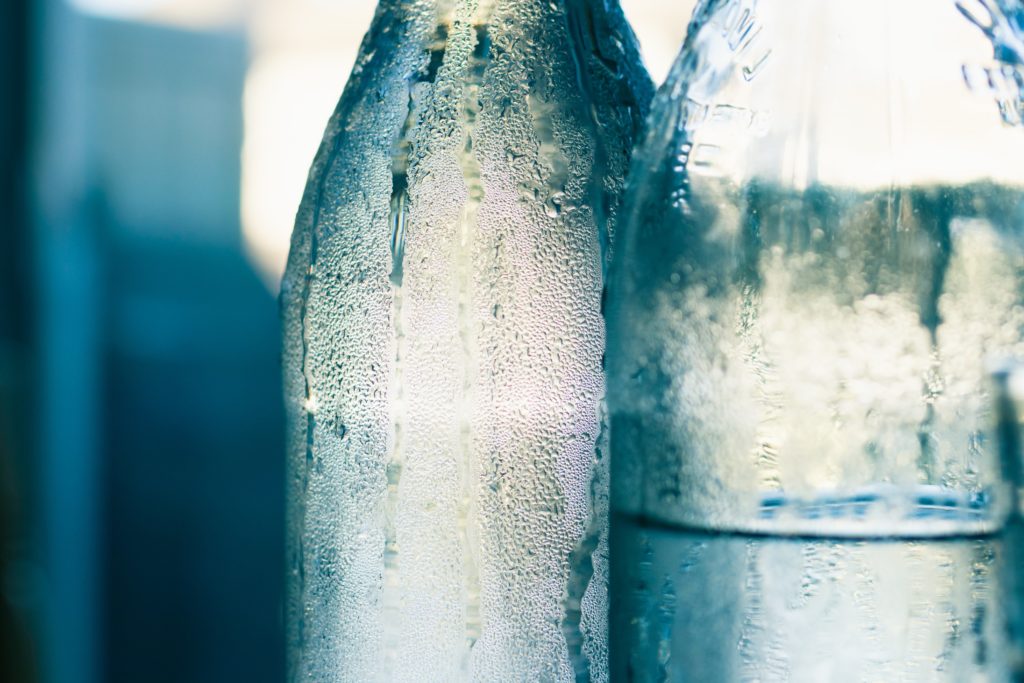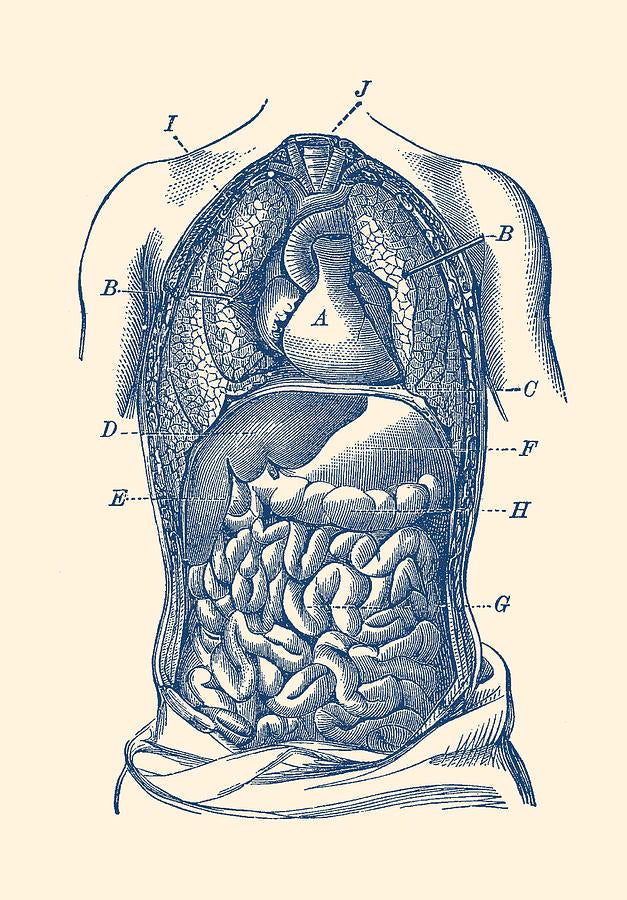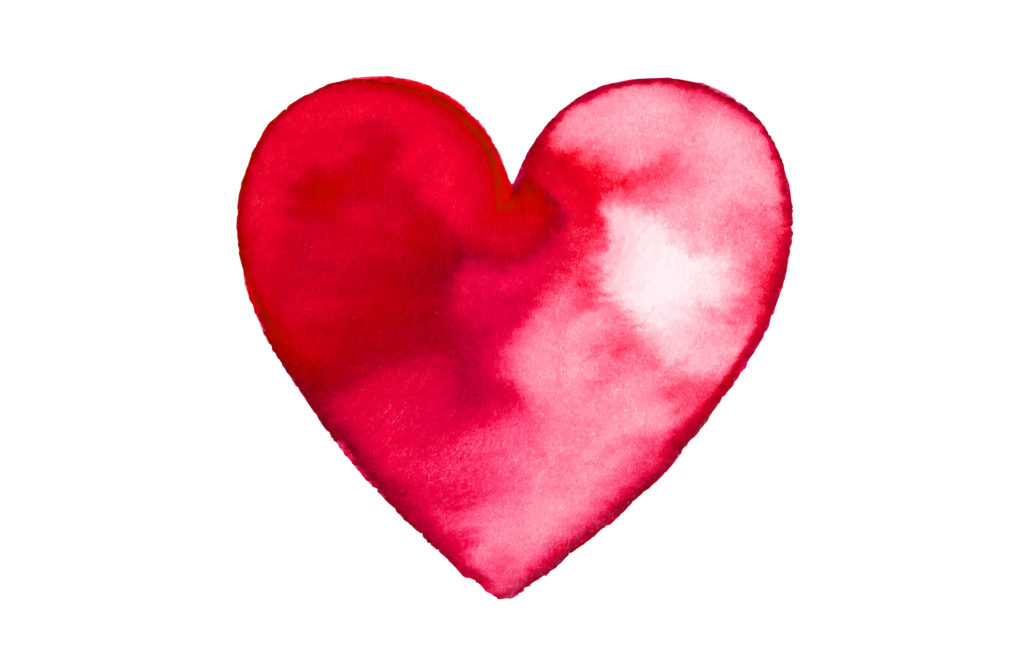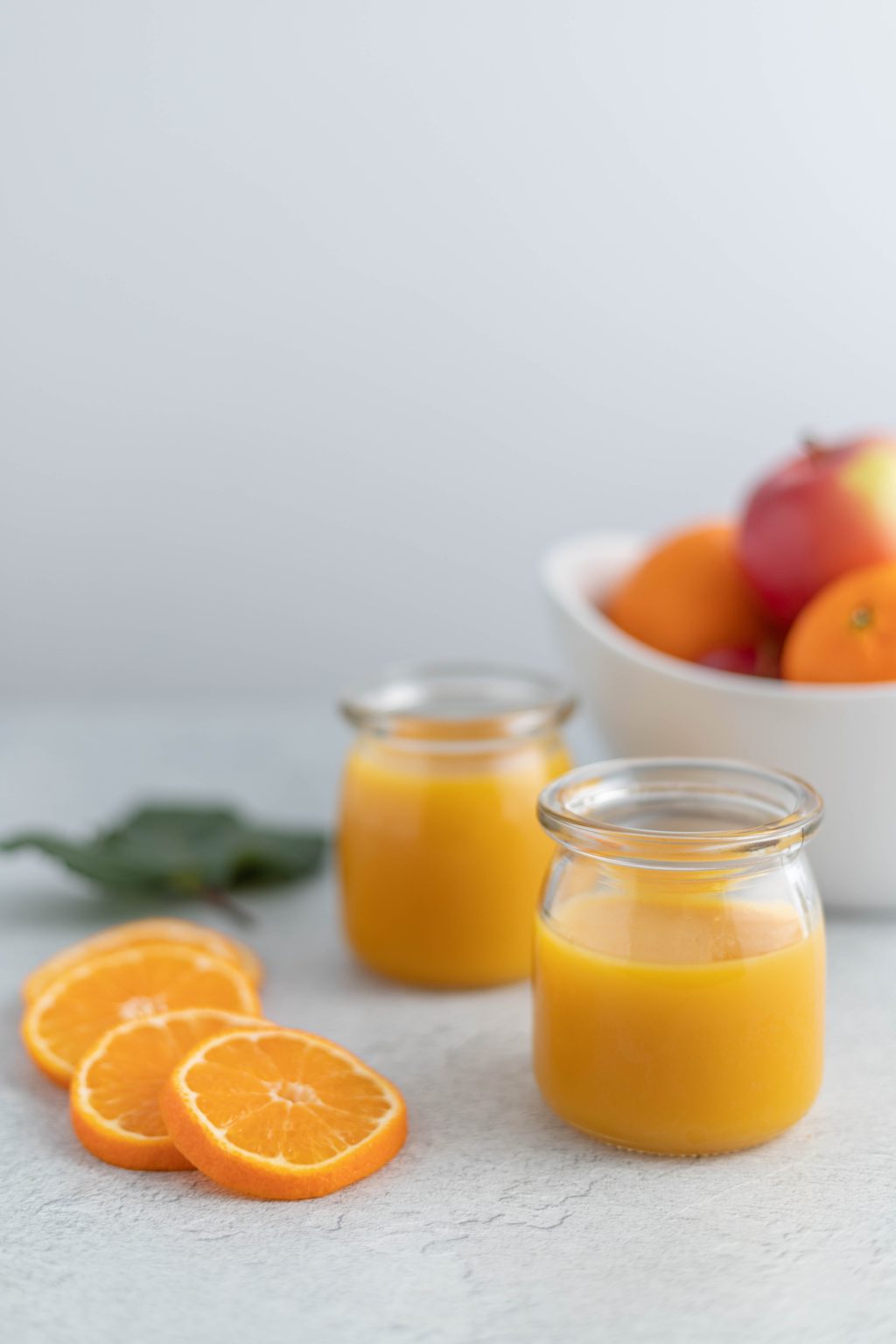Journal
- All
- Antioxidant
- Astragalus
- Blood clots
- Brain fog
- Burnout
- Cervical cancer
- Cholecystectomy
- Cold feet
- Cracked heels
- Echinacea
- Exhaustion
- Fatigue
- Gallbladder
- Headaches
- Health Advice
- Heart health
- Liver
- Low immunity
- Low white blood cells
- Memory
- Menopause
- Migraines
- Nervous system
- Perimenopause
- Recipe
- RnA ReSet
- Strokes
- Sun protection
- Thyroid
Ray Peat’s Thyroid Boosting Carrot Salad
A raw carrot salad to support digestive, hormone and thyroid health “Endotoxin formed in the bowel can block respiration and cause hormone imbalances contributing to instability of the nerves, so it is helpful to optimize bowel flora, for example with...
12 Signs You Might Have Parasites
Parasitic infections are more common than you might think. The thought of it can make you feel a bit queasy but as Ed Yong in his book ‘I Contain Multitudes states’, “Even when we are alone, we are never alone.”...
Shingles is a viral infection of the nerve fibres produced by the same virus that causes chickenpox. The virus is noted by the appearance of clusters of painful blisters. These often appear where the affected nerves end, usually showing up...
Science-Backed Remedies for Inflammation, Pain and Arthritis
Patients diagnosed with inflammation, pain and arthritis are commonly prescribed Non-Steroidal Anti-inflammatory Drugs (NSAID’s). Waiting lists for common surgeries like hip replacements are now longer than ever, causing misery for many. Unfortunately while patients wait, medical conditions deteriorate, pain increases...
Men’s health is quite often sidelined. We assume that they are tough and resilient, the stronger sex, and in some ways they are. But like women, with their unique makeup, they face health trials and worries. Sadly suicide remains as...
10 Signs that You Need to Look After Your Lymph System and How to Do It
The lymphatic system can be thought of as the body’s drainage system. As with most of the wonderful workings of the body, the lymphatic system isn’t discussed much, that is, until something goes wrong. In fact it is generally only...
The Great Mimicker – Ileocecal Valve Syndrome
The ileocecal valve (ICV) is a sphincter muscle in the digestive tract. It opens and closes to allow digested food to pass from the small intestine to the large intestine. If you draw an imaginary diagonal line from your right...
By Naomi Murray on December 14, 2021 The heart. The organ of life. Located in the centre of the chest, an adult heart measuring about the size of a clenched fist. In 1653 the English physician William Harvey said: “The heart is situated...
The Adrenal Cocktail for Stress and Exhaustion
Seated above the kidneys are the adrenal glands. These small organs are responsible for producing hormones including cortisol, aldosterone and adrenaline. They help regulate your metabolism, immune system, blood pressure, response to stress and are vital for other essential functions....
